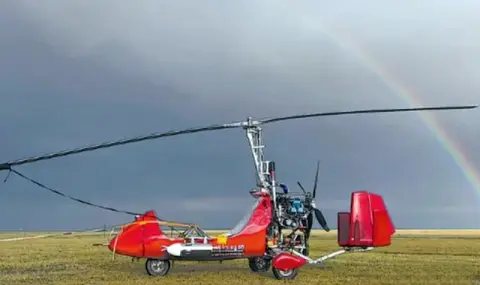Climate change may or may not be pleasant to us, but it is happening beyond human control. Making this process manageable is exactly the future that scientists and science fiction writers have always dreamed of. And if for writers everything is simple, then for science the path to the goal is thorny and unpredictable, although the result is certainly more valuable. The scientific approach provides a guarantee of safety and implies a high degree of responsibility, as scientists from China have proven once again.
In the USA and the EU, natural experiments with the climate are prohibited by law. China has its own atmosphere, but no one has canceled the balanced approach there. For scientists, it is important not only to understand how the climate can change in the region chosen for the experiment, but also to obtain convincing evidence of a directed change in climatic conditions. Satellite observations, computer modeling, and direct observation of weather conditions during the experiments were used to assess the artificial impact on rainfall intensity.
To induce precipitation, scientists from the China Meteorological Administration (CMA) sprayed clouds with silver iodide, a crystalline substance that causes water vapor to crystallize. Just one kilogram of the compound, which occupies a volume no larger than a teacup, caused more than 70,000 cubic meters of precipitation - enough to fill 30 Olympic-sized swimming pools.
To induce precipitation, two drones were launched into the sky and made four flights. The devices rose to an altitude of 5,500 meters and sprayed silver iodide over an area of more than 8,000 km², using 125 grams of the substance per flight. Observations show that spraying in the Xinjiang region, where the experiment was conducted, resulted in 78,200 cubic meters of rainfall, which is 3.8% more than the average for the past 50 years. Supercomputer simulations give similar results: 73,800 m³ additional rainfall (4.3% more), demonstrating the feasibility of rainfall control.
The scientists emphasize that spraying with a substance to induce precipitation is not always effective and is not suitable for all weather conditions. However, precise control of cloud cover and sophisticated methods of influencing it are the key to weather management, which is possible thanks to satellite observation systems and more powerful supercomputers.
